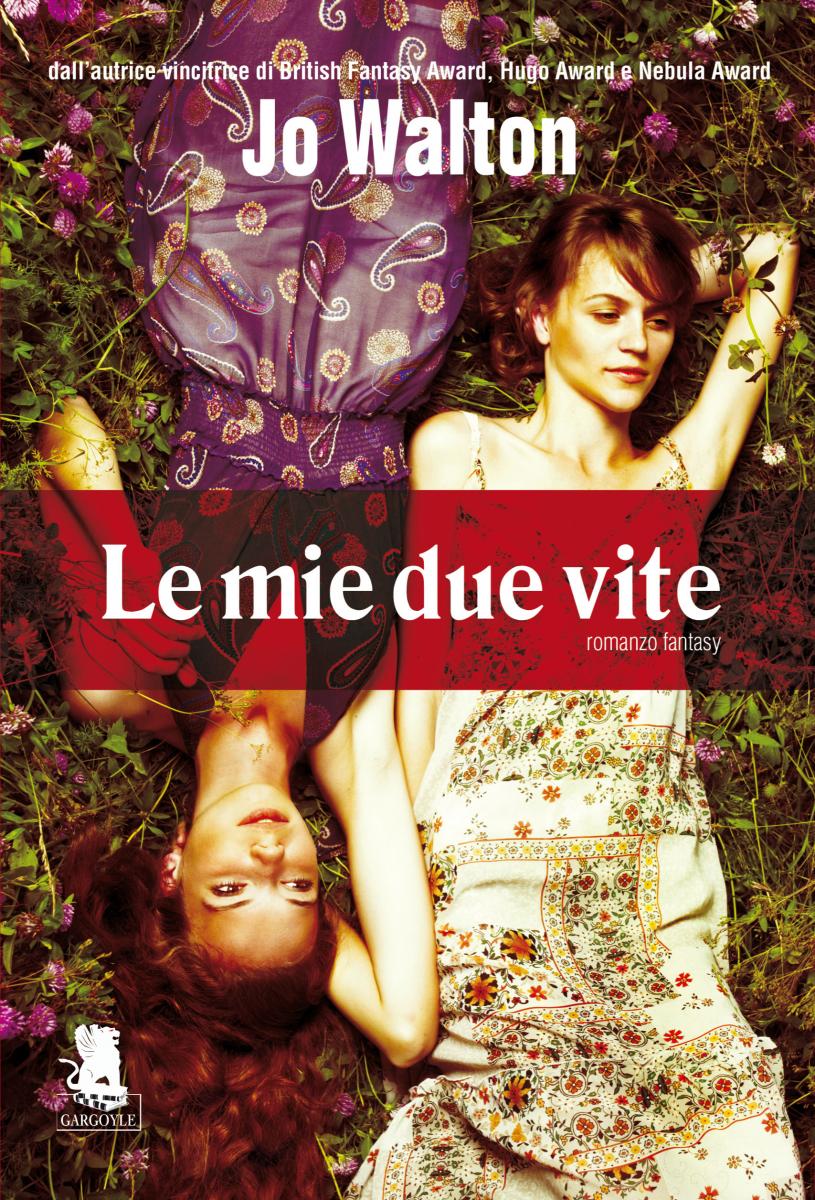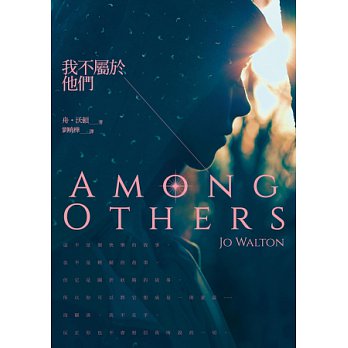I was in Argo yesterday evening, a little independent new bookshop on St Catherine West, near the second-hand bookshops Westcott, Vortex and Astro. I went in to see if they could order Noel Streatfeild’s reprinted 1930s adult novel Saplings for me.
When I went in, the owner was deeply involved in a discussion with a guy who wanted to buy a dictionary of antonyms and synonyms, as to the merits of the four different ones they stock. It’s an odd little shop, no bestsellers, no SF, lots of classics and poetry and plays, lots of dictionaries and weird things. They have a poster in the window with photographs of famous poets.
I browsed while the antonym-and-synonym guy weighed the merits of his choices very earnestly and at great length. He had the looks and the accent of a first generation immigrant from India or Pakistan. There was nobody else in the shop. I picked up a couple of Dover Thrift editions of poetry.
The door opened, and a strange man rushed in. He has disordered white hair, his clothes weren’t fastened right, and he looked drunk. I wasn’t close enough to tell, but he looked dirty, as if he might smell. I looked away after my initial glance, because my instincts tell me to just keep away from people like that. I thought he was about to ask for spare change.
“Fucking amazing,” he wheezed, as I stared at spines. “Emily Dickinson, just wanted to say, saw in your window, fucking incredible. Because I would not stop for death, do you know that one, fuck, it’s pretty fucking amazing. Because I would not stop for death he kindly stopped for me. The carriage held just but ourselves and immortality. Fuck, would you think of that, just fucking awesome for fuck’s sake. Emily Dickinson. Fuck. Beautiful. Because you have, you know, in the fucking window…?”
He wound down, sputtered, and I looked up again. I realized that the owner, the antonym-and-synonym guy and I had all had the same instinct and were all looking away, embarrassed, not wanting to get involved. They both had the same frozen look on their faces that I could feel on mine. None of us were responding.
“Fuck,” the loon said again, “Emily Dickinson.” Then he turned and left, banging the door behind him.
“What did he say?” asked the antonym-and-synonym guy.
“I don’t know,” the owner said. “I heard an obscenity and I stopped listening. When you’re open to the public, you’re open to the public, you can’t stop the public coming in.”
“But what did he want?” asked the antonym-and-synonym guy, frowning at the closed door.
“He wanted to quote Emily Dickinson’s famous poem ‘Because I could not stop for death’,” I said. “Because her picture’s in the window.”
“I don’t know,” the owner said. “I just didn’t listen.”
Then the antonym-and-synonym guy decided which two dictionaries he wanted to take, bargained the owner down a little because the cover of one of them was a little torn, and I paid for my purchases, provisionally ordered Saplings and left.
“Be careful out there,” the owner said as I went out.
Be careful of what, I wondered, people who think that Emily Dickinson is just that amazing?
Because I would not stop for Death,
He kindly stopped for me;
The carriage held but just ourselves
and Immortality.
We slowly drove, he knew no haste,
And I had put away
My labour, and my leisure too
For his civility.
We passed the school where children played,
Their lessons scarcely done;
We passed the fields of gazing grain,
We passed the setting sun.
We paused before a house that seemed
a swelling of the ground;
The roof was scarcely visible,
The cornice but a mound.
Since then ’tis centuries; but each
Feels shorter than the day
I first surmised the horses’ heads
Were toward eternity.



